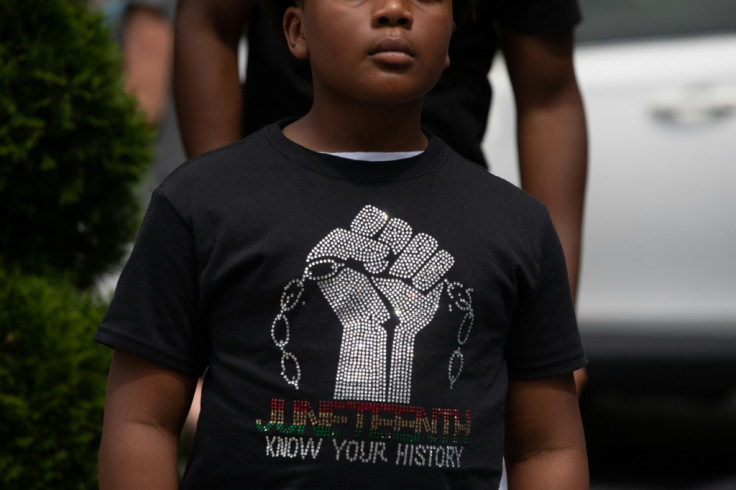
The Washington, D.C., city council has approved a budget for next year that allocates $1.5 million to fund a reparations task force aimed at addressing slavery and historical racial injustices.
The legislation mandates the creation of a task force to develop reparations for Black residents who have been "directly wronged and traumatized by the ills of slavery, Jim Crow, and structural and institutional racism." Additionally, the bill requires the commissioner of the Department of Insurance, Securities, and Banking to create a database of slavery-era records, including life insurance policies on enslaved persons.
Council member Kenyan McDuffie introduced the bill early last year. It underwent several months of public hearings and was supported by a Racial Equity Impact Assessment conducted by the council's Office of Racial Equity. This assessment included historical research and recommendations to understand the bill's impact on Black residents. "We can never fully capture the horror that was inflicted on Black people by white enslavers or the governments that supported them," the report stated.
"Having the funding included in the budget to establish the creation of the commission, to do all the research that's going to be required to develop potential proposals, is absolutely critical to moving it forward," McDuffie told The Washington Post.
On a federal level, H.R. 40, a bill to create a commission to study the effects of slavery, has stalled in the House of Representatives despite passing the House Judiciary Committee in 2021.
Meanwhile, efforts at state and local levels continue. Members of California's Legislative Black Caucus have launched a statewide tour to promote 14 bills addressing historical racial wrongs, including two constitutional amendments proposed for this year's ballot. California's reparations efforts began with a task force that compiled a comprehensive 1,100-page report over two years, outlining a method for calculating financial compensation.
Evanston, Illinois, became the first city to implement a reparations program in 2021, addressing discriminatory policies from 1919 to 1969. This program provides $25,000 to Black residents directly affected by or whose ancestors were affected by practices such as redlining. Evanston has already issued payments to at least 129 Black residents but faces a lawsuit from a conservative activist group that claims the program violates the equal protection clause of the Constitution.
© 2025 Latin Times. All rights reserved. Do not reproduce without permission.




